WASHPO: D.C. residents question concentration of group homes
Stop what you are doing and read this article right now. It illustrates what citizens East of the River have been saying for years, especailly the latest struggle in Congress Heights regarding another residential facility for youth offendors. Clustering of group homes is not only illegal (according to Title 11 of the DC code) but can negatively effect small neighborhoods. Then again perhaps it is not a coincidience that Ward 3, the city's most wealthy ward only has two (2) group homes - that's right - only two.
Group homes or other Community Residential Facilities are not bad per se, but clustering 1, 2, 3, 4 (and sometimes 5) within the same residential block can be. There has to be a better solution to meet the needs of those who live and own property in a communty and those who need residential services.
Go HERE to read the full article.
A few interesting excerpts from the article:
To submit an article or to inquire about advertising options send an email to Advoc8te@congressheightsontherise.com
Group homes or other Community Residential Facilities are not bad per se, but clustering 1, 2, 3, 4 (and sometimes 5) within the same residential block can be. There has to be a better solution to meet the needs of those who live and own property in a communty and those who need residential services.
Go HERE to read the full article.
A few interesting excerpts from the article:
Ward 4 contains nearly a quarter of the 338 group homes regulated by the city's social service agencies. Of the 113 group homes serving people with developmental disabilities, 47 of them, or more than 40 percent, are in Ward 4.
Although the number of group homes is greatest in Ward 4, wards 5, 7 and 8 each have more than 60 group homes. Ward 3, the city's wealthiest area, has two.
In Ward 5, which like Ward 4 has many single-family residences, most of the group homes serve people with developmental disabilities or mental illness. Ward 7 has more juvenile justice homes than any other part of the city, which may reflect the fact that 55 percent of young people under the supervision of the Department of Youth Rehabilitation Services are from Ward 7 and neighboring Ward 8.
And the group homes in Ward 8 include a third of the 77 in the District that house foster children who have not been placed in family homes. Almost 40 percent of the District's 2,100 foster children are from Ward 8, according to the Child and Family Services Agency.
But speaker after speaker said the city has failed to respect the rights of other residents, providing little if any notice about homes opening in their communities, offering no easy way to complain when problems arise and permitting homes to cluster in particular neighborhoods.
But news of the shift to smaller "supported" homes hardly allayed the concerns of residents, who appeared surprised to learn from Nuss that DDS does not classify such residences as group homes and that there are many such homes in the ward. According to DDS data released last week, there are 105 supported homes in Ward 4 and 121 in Ward 5. Together, the two wards account for almost three-quarters of the supported homes overseen by DDS.
To submit an article or to inquire about advertising options send an email to Advoc8te@congressheightsontherise.com

